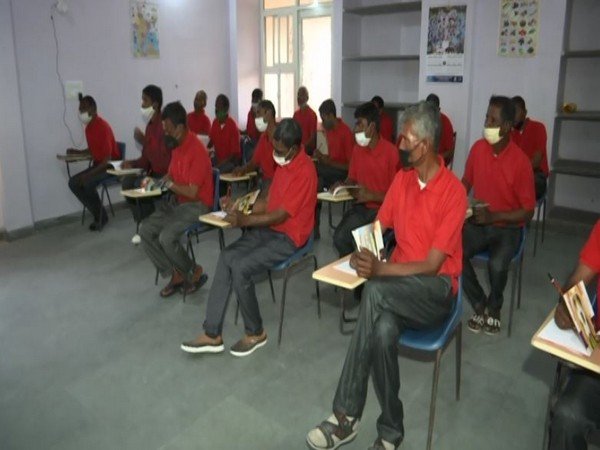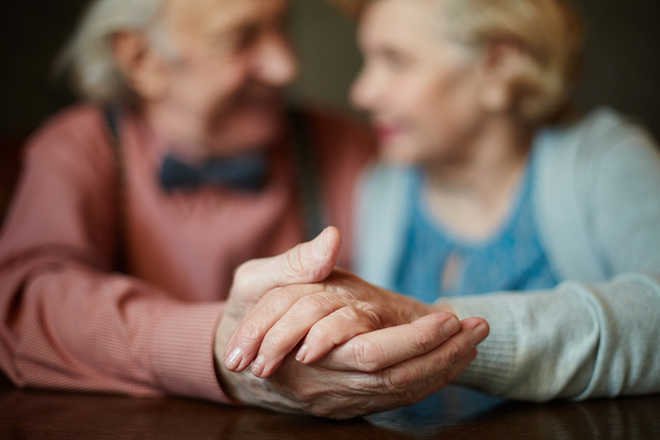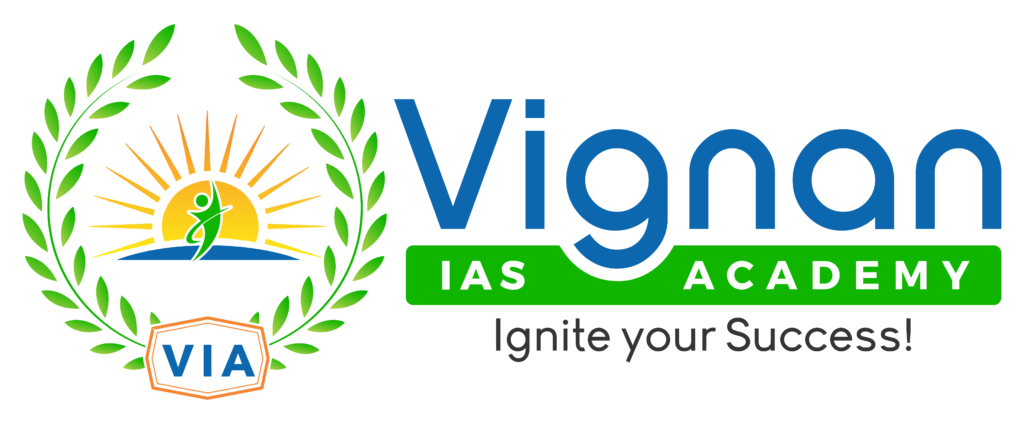Blog
August 12th Current Affairs
- August 12, 2021
- Posted by: admin
- Category: Culture Current Affairs Daily News Defense & Security Disaster Management Economy Education Environment & Ecology Ethics Geography Governance Health History International Relation Persons in News Polity Science & Technology Social Issues Sports Uncategorized UPSC Notification Videos
1.Beggars Rehabilitation Scheme.

IN NEWS:
As per the Census of 2011 data available on the website of Registrar General of India, there are 4,13,670 beggars and vagrants in the Country.
The Ministry of Social Justice and Empowerment has formulated a scheme “SMILE – Support for Marginalized Individuals for Livelihood and Enterprise”.
KEY POINTS:
SMILE – Support for Marginalized Individuals for Livelihood and Enterprise
- The SMILE Scheme includes sub-scheme – ‘Central Sector Scheme for Comprehensive Rehabilitation of persons engaged in the act of Begging’.
- The focus of the scheme is on providing
- Basic necessaries like food, shelter homes, medical facilities
- Counselling, rehabilitation and basic documentation,
- Education, skill development and economic linkages of the persons found to be engaged in begging.
- Ministry of Social Justice and Empowerment has identified ten cities namely Ahmadabad, Bangalore, Chennai, Delhi, Hyderabad, Indore, Lucknow, Mumbai, Nagpur and Patna for undertaking pilot projects on Comprehensive Rehabilitation of Persons engaged in the act of Begging.
- The pilot projects on Comprehensive Rehabilitation of Persons includes whole range of services including awareness generation, identification, rehabilitation, provision of medical facilities, counselling, education, skill development and sustainable settlement of persons engaged in begging.
SOURCE:TH
2.Quality of Life for Elderly Index .

IN NEWS:
Quality of Life for Elderly Index was released by Dr Bibek Debroy, Chairman, Economic Advisory Council to the Prime Minister (EAC-PM).
KEY POINTS:
Quality of Life for Elderly Index:
- The Index has been created by the Institute for Competitiveness at the request of EAC-PM and it sheds light on an issue often not mentioned- problems faced by the elderly and identifies the regional patterns of ageing across Indian States and assesses the overall ageing situation in India.
- The Index framework includes:
- Four pillars: Financial Well-being, Social Well-being, Health System and Income Security, and
- Eight sub-pillars: Economic Empowerment, Educational Attainment & Employment, Social Status, Physical Security, Basic Health, Psychological Wellbeing, Social Security and Enabling Environment.
Highlights from the Report:
- The Health System pillar observes the highest national average, 66.97 at an all-India level, followed by 62.34 in Social Well-being.
- Financial Well-being observes a score of 44.7, which is lowered by the low performance of 21 States across the Education Attainment & Employment pillar, which showcases scope for improvement
- States have performed particularly worse in the Income Security pillar because over half of the States have a score below the national average, i.e., 33.03 in Income Security, which is the lowest across all pillars.
- Rajasthan and Himachal Pradesh are top-scoring regions in Aged and Relatively Aged States, respectively. Chandigarh and Mizoram are top-scoring regions in Union Territory and North-East States category.
- The Aged States refer to States with an elderly population of more than 5 million, whereas Relatively Aged States refer to States with an Elderly population of less than 5 million.
- Significance: These pillar-wise analyses help States assess the state of the elderly population and identify existing gaps that obstruct their growth.
SOURCE:PIB
3.Atmanirbhar Narishakti se Samvad
IN NEWS:
PM to participate in ‘Atmanirbhar Narishakti se Samvad’ on 12th August
KEY POINTS:
- PM Modi will interact with women Self Help Group (SHG) members/community resource persons promoted under the Deendayal Antyodaya Yojana-National Rural Livelihoods Mission (DAY-NRLM) via video conferencing.
- During the event, a compendium of success stories of women SHG members from all across the country, along with a handbook on universalization of farm livelihoods will also be released by the Prime Minister.
Important Information:
About DAY-NRLM
- It is a centrally sponsored programme, launched by the Ministry of Rural Development in June 2011.
- Objective:
- To eliminate rural poverty through the promotion of multiple livelihoods and improved access to financial services for the rural poor households across the country.
- To reach out to all rural poor households and impact their livelihoods.
- DAY-NRLM aims at mobilizing rural poor households into Self Help Groups (SHGs) in a phased manner and provide them long-term support to diversify their livelihoods, improve their incomes and quality of life.
- Most of Mission’s interventions are being implemented and scaled up by the SHG women themselves who are trained as community resource persons (CRPs) – Krishi Sakhis, Pashu Sakhis, Bank Sakhis, Bima Sakhis, Banking Correspondent Sakhis etc.
- The Mission is also working on empowering the SHG women through awareness generation and behaviour change communication on issues like domestic violence, women’s education and other gender related concerns, nutrition, sanitation, health etc.
SOURCE:IE
4. NATIONAL COMMISSION FOR INDIAN SYSTEM OF MEDICINE (AMENDMENT) BILL, 2021.

IN NEWS:
Parliament has passed the National Commission for Indian System of Medicine (Amendment) Bill, 2021, with the Rajya Sabah approving it. The Lok Sabha had passed it earlier.
KEY POINTS:
- The National Commission for Indian System of Medicine (Amendment) Bill, 2021 proposes to amend the National Commission for Indian System of Medicine Act, 2020.
- The 2020 Act replaced the Indian Medicine Central Council Act, 1970. The 1970 Act set up the Central Council of Indian Medicine to regulate the education and practice of the Indian Medicine system which includes Ayurveda, Yoga, Naturopathy.
- The 2020 Act replaced the Council with a National Commission for regulating education and practice of the Indian medicine system.
- The National Commission was constituted on June 11, 2021 to supersede the Central Council and on the same date the 1970 Act was repealed.
- The 2021 Bill specifies that all powers and functions of the Board of Governors (as under the 1970 Act) will be deemed to have been done under the 2020 Act and will continue to remain in force.
SOURCE:PIB
5. NATIONAL COMMISSION FOR HOMEOPATHY (AMENDMENT) BILL, 2021.

IN NEWS:
Parliament has passed the National Commission for Homeopathy (Amendment) Bill, 2021 with the Rajya Sabah approving them. The Lok Sabha had passed it earlier.
KEY POINTS:
- The National Commission for Homeopathy (Amendment) Bill proposes to amend the National Commission for Homeopathy Act, 2020 to provide a medical education system that improves access to quality and affordable medical education.
- The 2020 Act replaced the Homeopathy Central Council Act, 1973. The 1973 Act set up the Central Council of Homeopathy for regulating homeopathic education and practice.
- The 2020 Act replaced the Council with a national commission for regulating homeopathic education and practice.
- The National Commission was constituted on July 5, 2021 to supersede the Central Council and on the same date the 1973 Act was repealed.
- The 2021 Bill specifies that all powers exercised and functions performed by the Board of Governors (as under the 1973 Act) will be deemed to have been done under the 2020 Act and will continue to remain in force.
SOURCE:PIB
